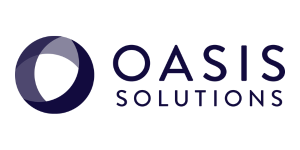Flexible working schedules and remote working trends are on the rise.
The proliferation of high-speed internet, mobile devices and cloud servers are allowing employees to do more from locations other than the office. The management processes applied to in-office workforces and home workers are similar but the pitfalls of remote workers are easy to overlook.
Technology is making it easier for HR to maintain contact with remote workers, identify problems and resolve them on a real-time basis. Self-managing remote workers require frequent and consistent communication with superiors and team members. Outcome based systems are often preferred to activity based systems when monitoring remote workers. This helps remote workers feel they are being supported rather than "checked-up" on.
All employees need to feel they are part of a company's goals. Once an employee understands the goals of the company, they need to see how they fit into those goals. Clearly conveying individual goals and expectations is critical to the success of a remote team. Before launching a remote work initiative a business must discuss work schedules, home office, secure computer networks and job responsibilities. Once the business needs of the remote workers are defined, finding the right person to fill that position becomes easier.
Hiring a remote workforce can benefit an organization in many ways including reducing office space and expenses. Companies with remote workers have access to a larger pool of potential employees. By allowing employees to work from where they are, companies are able to reap the benefits of talented individuals from nearly anywhere.
Shifting hiring trends may increase the number of remote workers but this it is not for every company. Some businesses are simply not designed to support remote workers and some workers are not capable of working remotely. Ensuring proper communications channels are in place is essential to managing remote workers. Poor, infrequent or unreliable communications can make remote workers feel isolated. Written documentation is especially important with remote workers because verbal communications can easily be misinterpreted or simply missed.
Most modern companies have accepted remote workers as a maturing trend. As more people experience remote working, the cliché of remote workers wasting their time is falling apart. Many remote workers report greater workplace satisfaction and higher productivity. Most importantly, be sure to ask your employees for their input and suggestions concerning remote workers. No matter what is best for your company, successful organizations communication well and work through challenges as a team.


